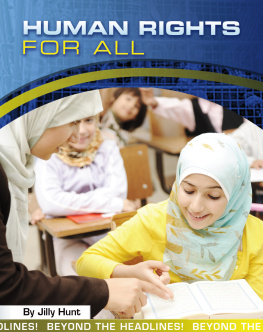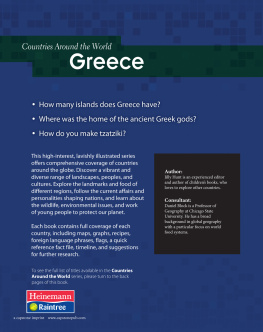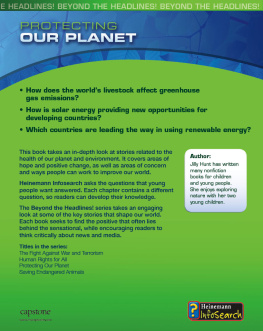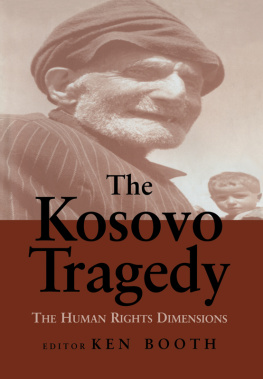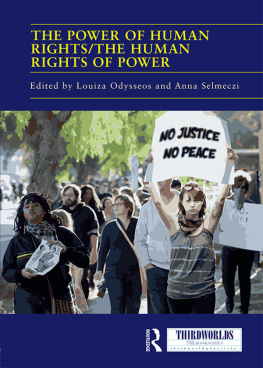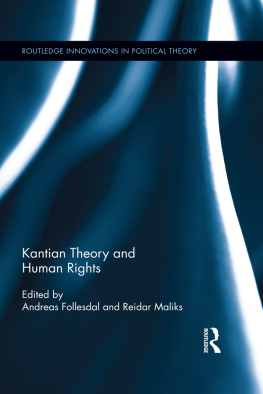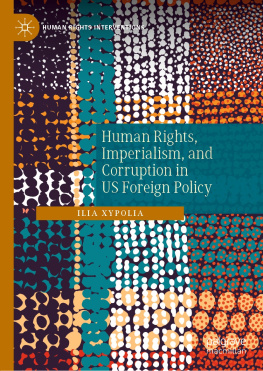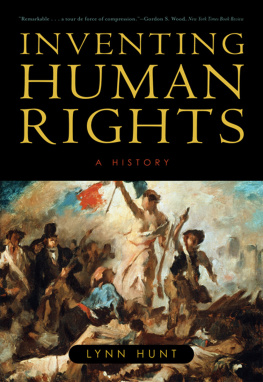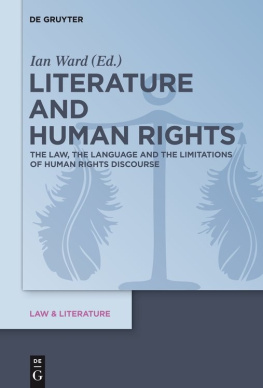Jilly Hunt - Human Rights for All
Here you can read online Jilly Hunt - Human Rights for All full text of the book (entire story) in english for free. Download pdf and epub, get meaning, cover and reviews about this ebook. year: 2017, publisher: Capstone, genre: Children. Description of the work, (preface) as well as reviews are available. Best literature library LitArk.com created for fans of good reading and offers a wide selection of genres:
Romance novel
Science fiction
Adventure
Detective
Science
History
Home and family
Prose
Art
Politics
Computer
Non-fiction
Religion
Business
Children
Humor
Choose a favorite category and find really read worthwhile books. Enjoy immersion in the world of imagination, feel the emotions of the characters or learn something new for yourself, make an fascinating discovery.
- Book:Human Rights for All
- Author:
- Publisher:Capstone
- Genre:
- Year:2017
- Rating:3 / 5
- Favourites:Add to favourites
- Your mark:
- 60
- 1
- 2
- 3
- 4
- 5
Human Rights for All: summary, description and annotation
We offer to read an annotation, description, summary or preface (depends on what the author of the book "Human Rights for All" wrote himself). If you haven't found the necessary information about the book — write in the comments, we will try to find it.
Jilly Hunt: author's other books
Who wrote Human Rights for All? Find out the surname, the name of the author of the book and a list of all author's works by series.
Human Rights for All — read online for free the complete book (whole text) full work
Below is the text of the book, divided by pages. System saving the place of the last page read, allows you to conveniently read the book "Human Rights for All" online for free, without having to search again every time where you left off. Put a bookmark, and you can go to the page where you finished reading at any time.
Font size:
Interval:
Bookmark:

- 1450 to 1850 : Transatlantic Slave Trade forces massive numbers of Africans from their homeland and brings them across the Atlantic to serve as slaves in the Americas
- 1833 : The Slavery Abolition Act of 1833 abolishes slavery throughout the British Empire
- 1865 : 13th Amendment to the U.S. Constitution abolishes slavery in the United States
- 1939 to 1945 : World War II
- 1945 : The United Nations is formed on October 24th
- 1946 : The United Nations establishes UNICEF to focus on the needs of children
- 1948 : Countries of the UN agree to the Universal Declaration of Human Rights or UDHR
- 1964 : Civil Rights Act of 1964 outlaws discrimination based on race, color, religion, sex, or national origin in the United States
- 1965 : U.S. Voting Rights Act is signed into law with the goal of ensuring that African Americans can freely exercise their constitutional right to vote
- 1981 : Mauritania is the last country to abolish slavery
- 2011 : The Syrian civil war begins with a peaceful protest
- 2012 : Pakistani school girl Malala Yousafzai is shot in the head by the Taliban for going to school Botswana judge overturns a law that discriminates against women
- 2015 : The UN announces global goals for education 98,400 child refugees are registered without parents or family
- 2016 : UNESCO reports that 263 million children and adolescents are not attending school
National news websites and newspapers are a good way of keeping up-to-date with the latest information about topical issues.
Museums and memorials around the world help keep memories alive.
- www.jewishmuseum.org.uk/Home
Jewish Museum, London - www.nationalholocaustcentre.net
The National Holocaust Centre and Museum, Nottinghamshire
- Brown, Dinah. Who Is Malala Yousafzai? Who Is...? New York: Grosset and Dunlap, 2015.
- Freeburg, Jessica. Fight for Survival: The Story of the Holocaust. Tangled History. North Mankato, Minn.: Capstone Press, 2017.
- Senker, Cath. Stephen Hawking. Against the Odds. Chicago: Heinemann Raintree, 2015.
- Throp, Claire. Malala Yousafzai. Against the Odds. Chicago: Heinemann Raintree, 2015.
CHILD SLAVERY SPARKS OUTRAGE
PRESIDENT QUESTIONED ON HUMAN RIGHTS
CONCERN FOR HUMAN RIGHTS
Weve all seen headlines like this about human rights. But how much do we really know about this issue?
Human rights start with accepting that every person deserves to be treated equally. It means that people should not be treated differently because of the color of their skin, or their gender, religion, or language. Human rights means that everybody is born free and not into slavery.
For centuries people have argued in favor of human rights. The ancient Greek Socrates (470/469399 bc) wrote that human rights were part of natural justice or natural law. People argued against human rights abuses, such as the Transatlantic Slave Trade. People continue to argue against human rights abuses that are happening in the world today.
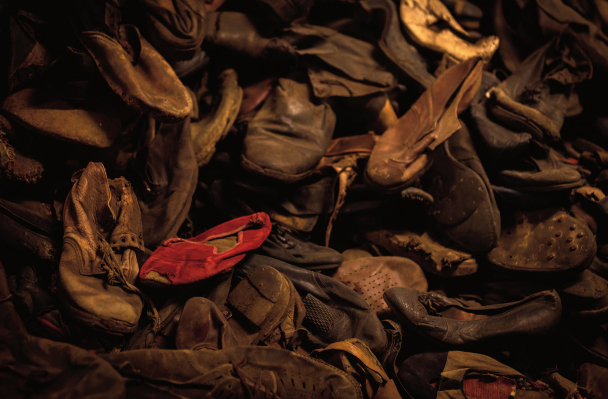
Around 6 million Jews were killed in Nazi during WWII. The Nazis attempted to completely wipe out the Jewish people. An attempt such as this is now known as genocide. This photo shows a pile of Holocaust victims shoes.
After . These nations also wanted to protect peoples human rights. The horrific human rights abuses committed by the Nazis against Jews in WWII had not been forgotten. In 1948, countries of the United Nations agreed a statement of the rights that every human deserved. This statement is called the Universal Declaration of Human Rights or UDHR.
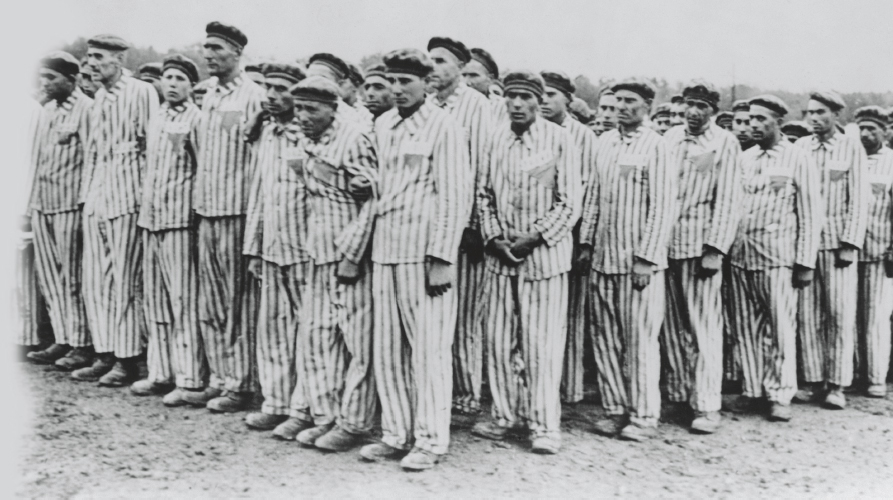
Prisoners at a Nazi concentration camp during WWII
The Universal Declaration has been translated into over 200 languages.
The Universal Declaration of Human Rights declares that: all human beings are born free and equal in dignity and rights and are entitled to the rights and freedoms set out in the Declaration without discrimination on the grounds of race, color, sex, language, political opinion, or religion.
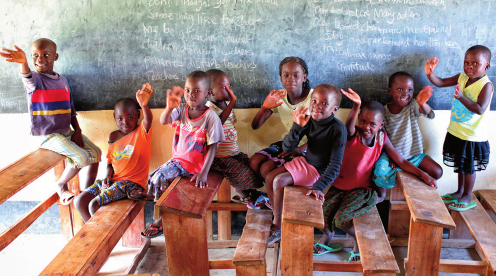
Human rights includes the right for all children to get an education.
An important part of human rights is the idea of free will. A person shouldnt be forced into doing something against his or her free will. Human rights abuses often involve someone trying to control another person. For example, practices such as slavery or forcing a person to work against his or her will are human rights abuses.
South Africa has increased the number of human rights in its laws including the right to use the language of an individuals choice. This means a person is not forced into speaking an official language.
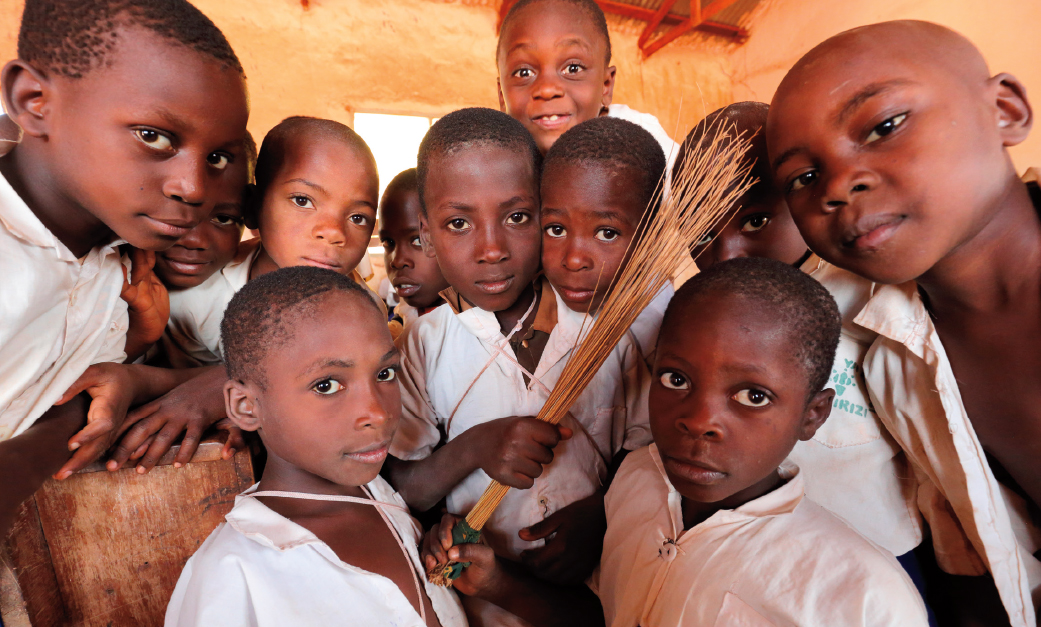
South Africa used to have a segregation policy that discriminated against people because of their race. This was a violation of human rights.
In 2016, the ICC convicted Jean-Pierre Bemba Gombo, the former Vice President of the Democratic Republic of the Congo, for war crimes. The ICC relied on help from member states. The Belgian government arrested him, and the Portuguese authorities monitored his bank accounts to discover when and where money was withdrawn.
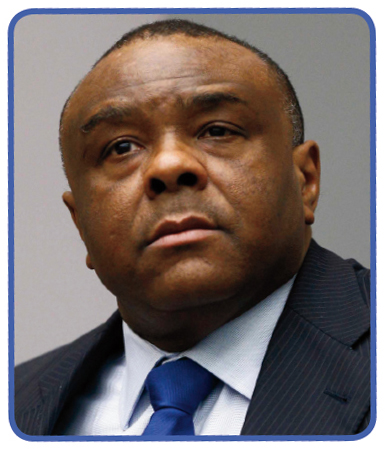
The protection of human rights has moved on since the introduction of the UDHR. The UN has set up a Commission on Human Rights which investigates large-scale human rights issues. The International Criminal Court (ICC) aims to try cases related to war crimes,, and crimes against humanity. The court can accuse even current leaders with a crime but they dont have the power to actually arrest the person. The ICC, therefore, relies upon other heads of states and governments to arrest and hand over wanted people. This hasnt always happened. For example, Sudans President, Omar Hassan al-Bashir, is wanted by the ICC. He is thought to have committed crimes during the conflict in the Darfur region of Sudan. However, other countries have ignored the arrest warrant.
Should we all have the same rights? In prison, prisoners lose some of their rights, mainly their right to freedom but also their right to vote. Do you think criminals should have the same rights as everyone else?
Font size:
Interval:
Bookmark:
Similar books «Human Rights for All»
Look at similar books to Human Rights for All. We have selected literature similar in name and meaning in the hope of providing readers with more options to find new, interesting, not yet read works.
Discussion, reviews of the book Human Rights for All and just readers' own opinions. Leave your comments, write what you think about the work, its meaning or the main characters. Specify what exactly you liked and what you didn't like, and why you think so.

